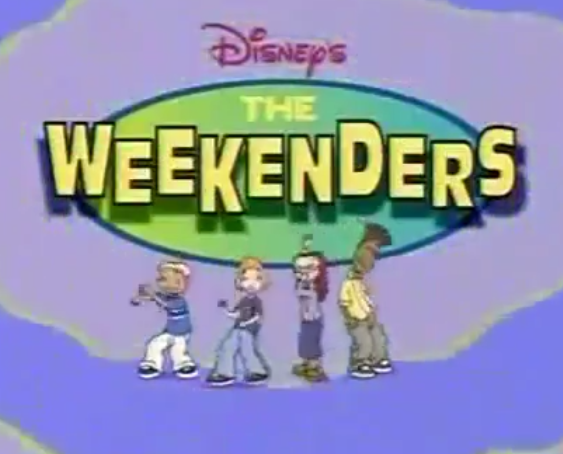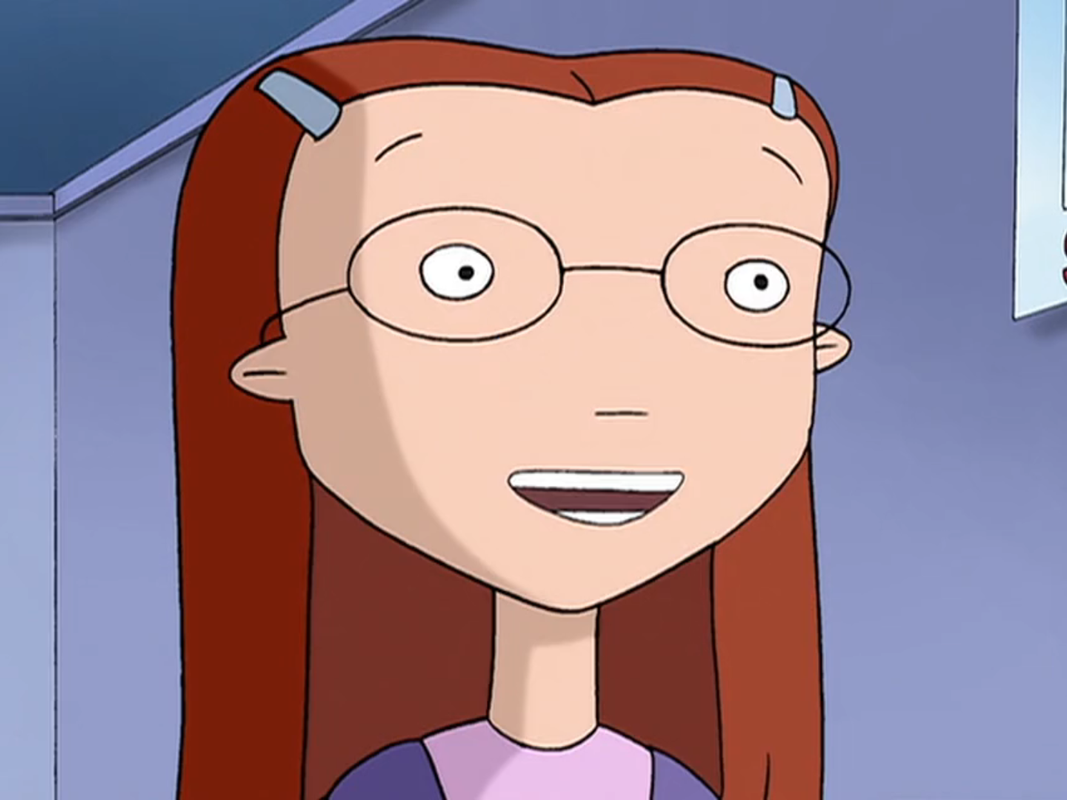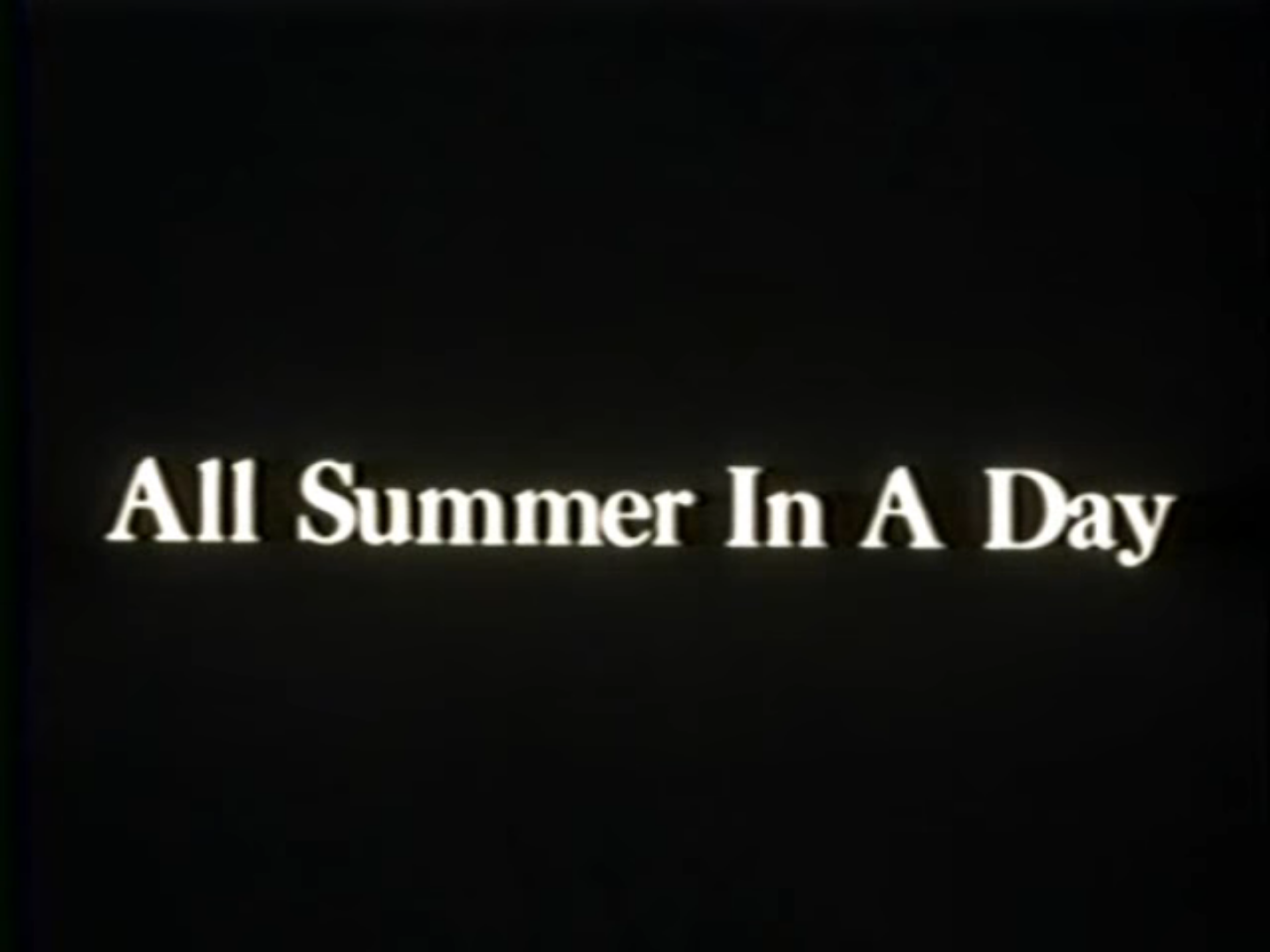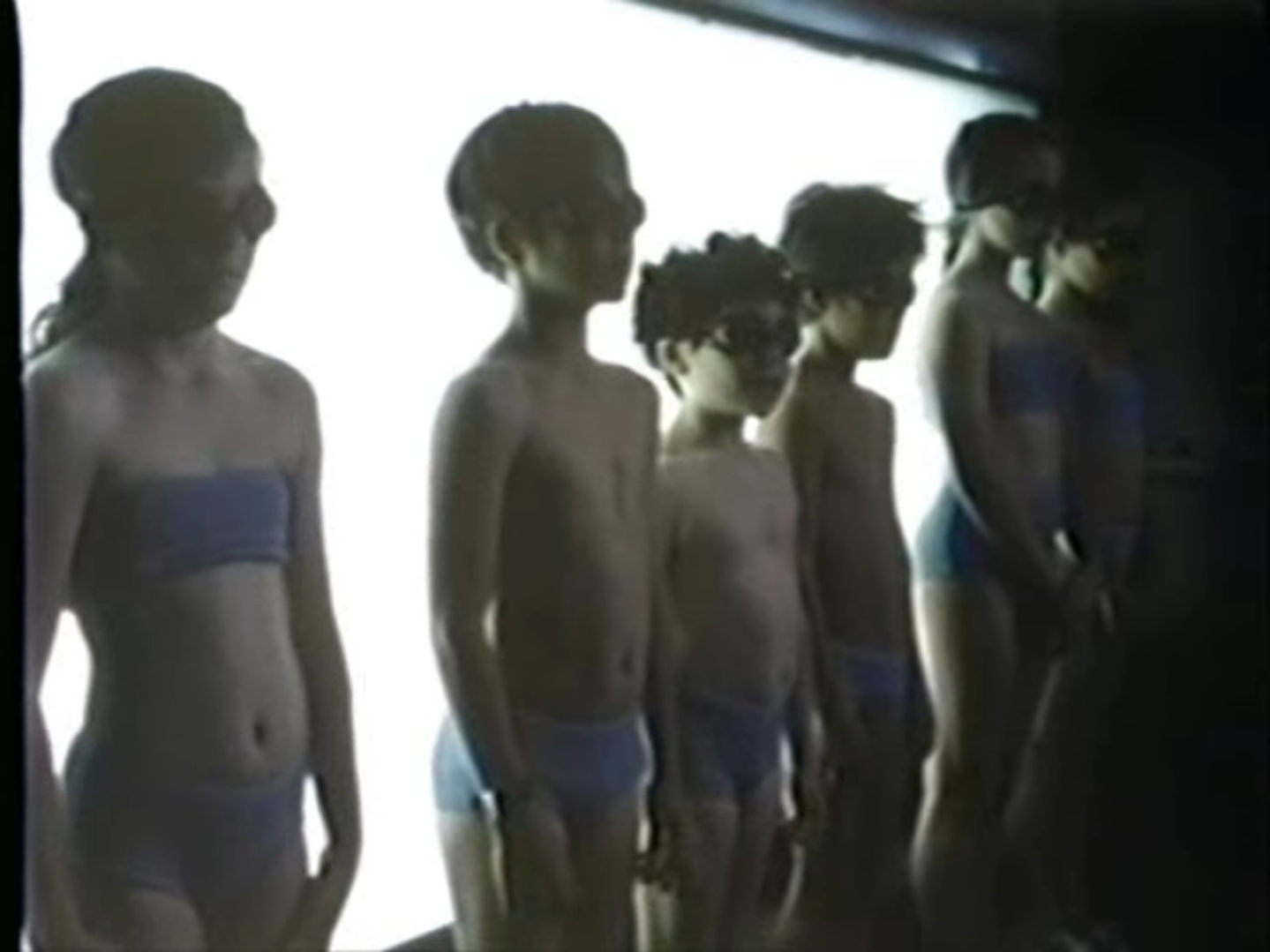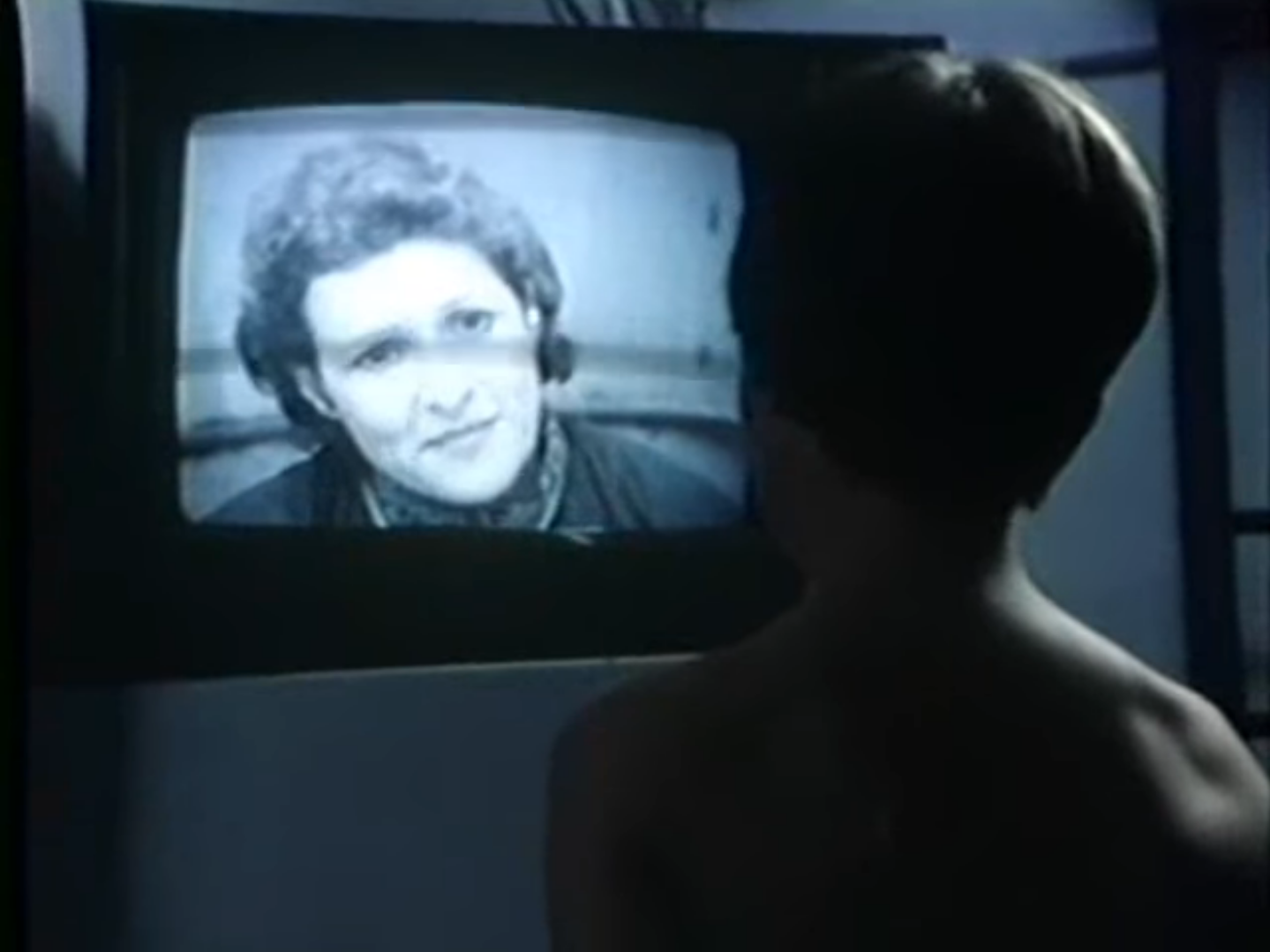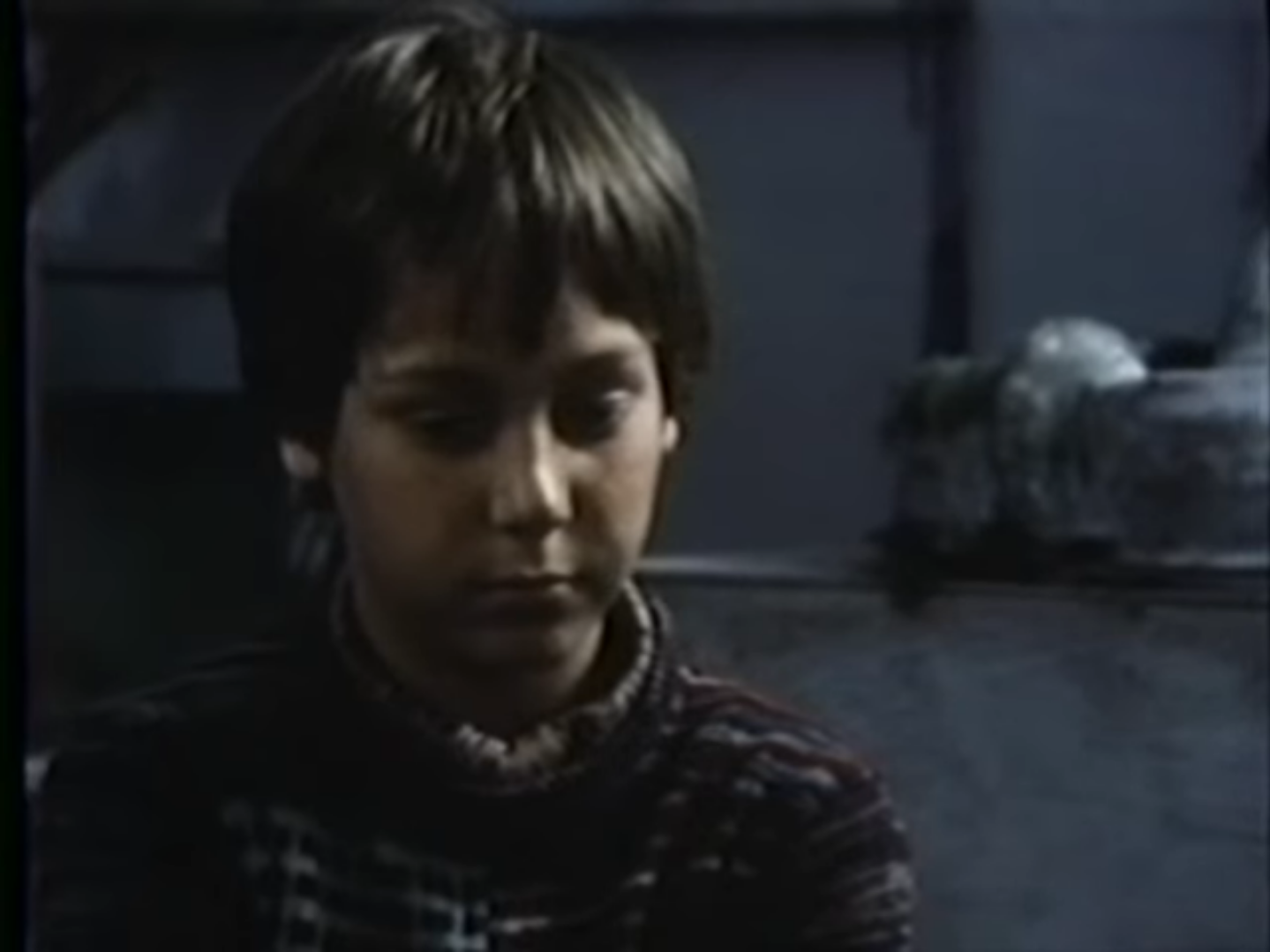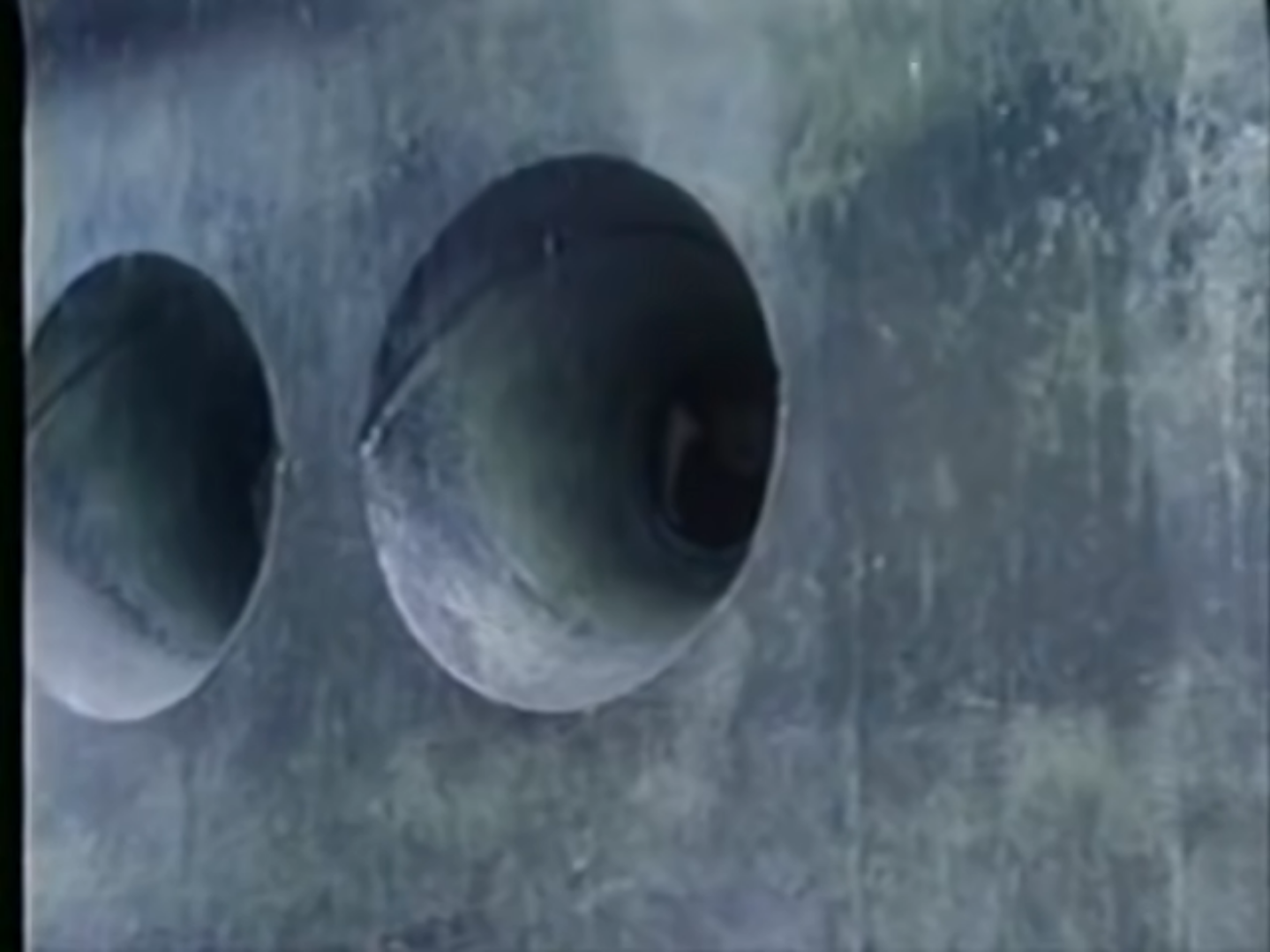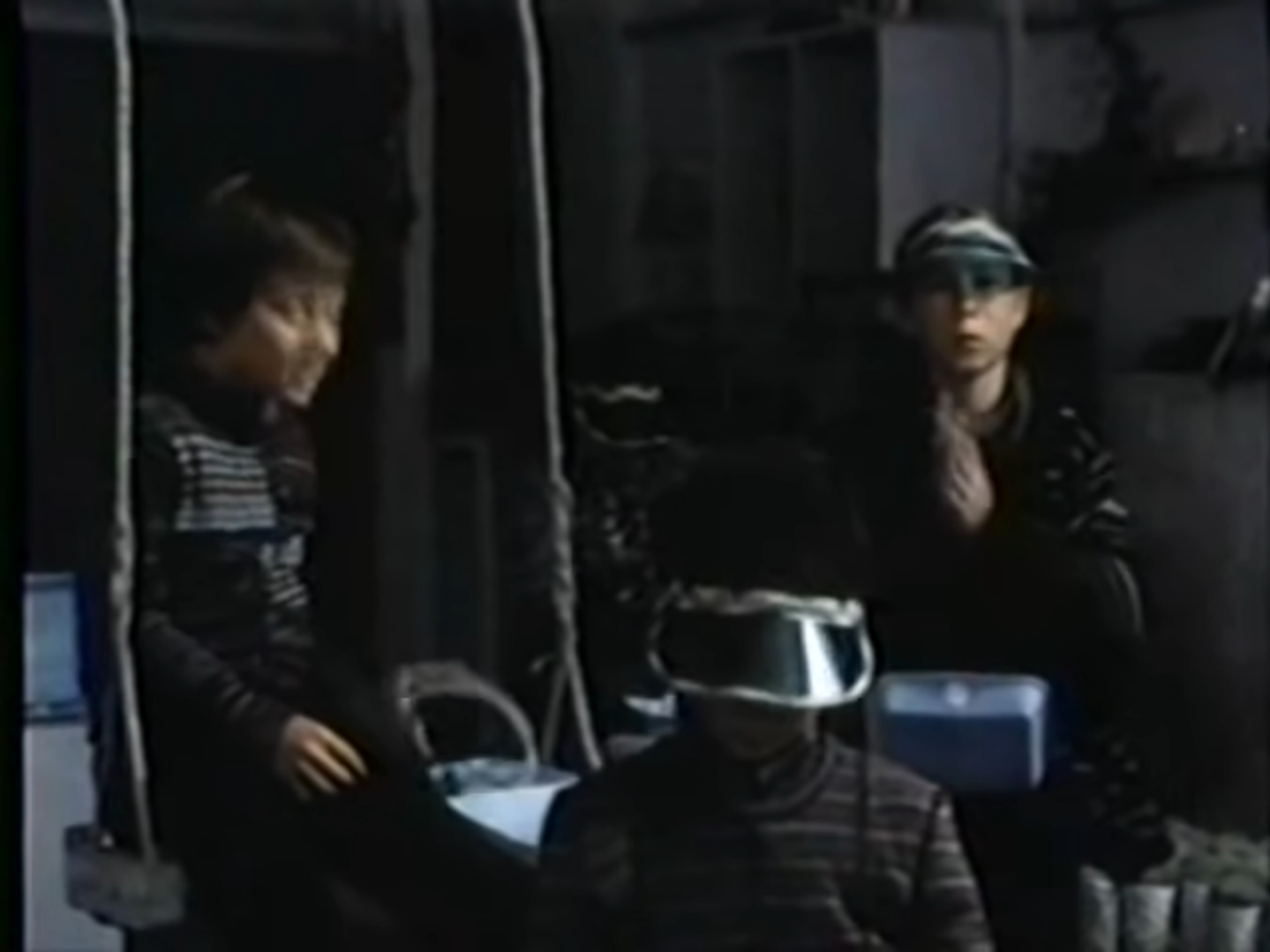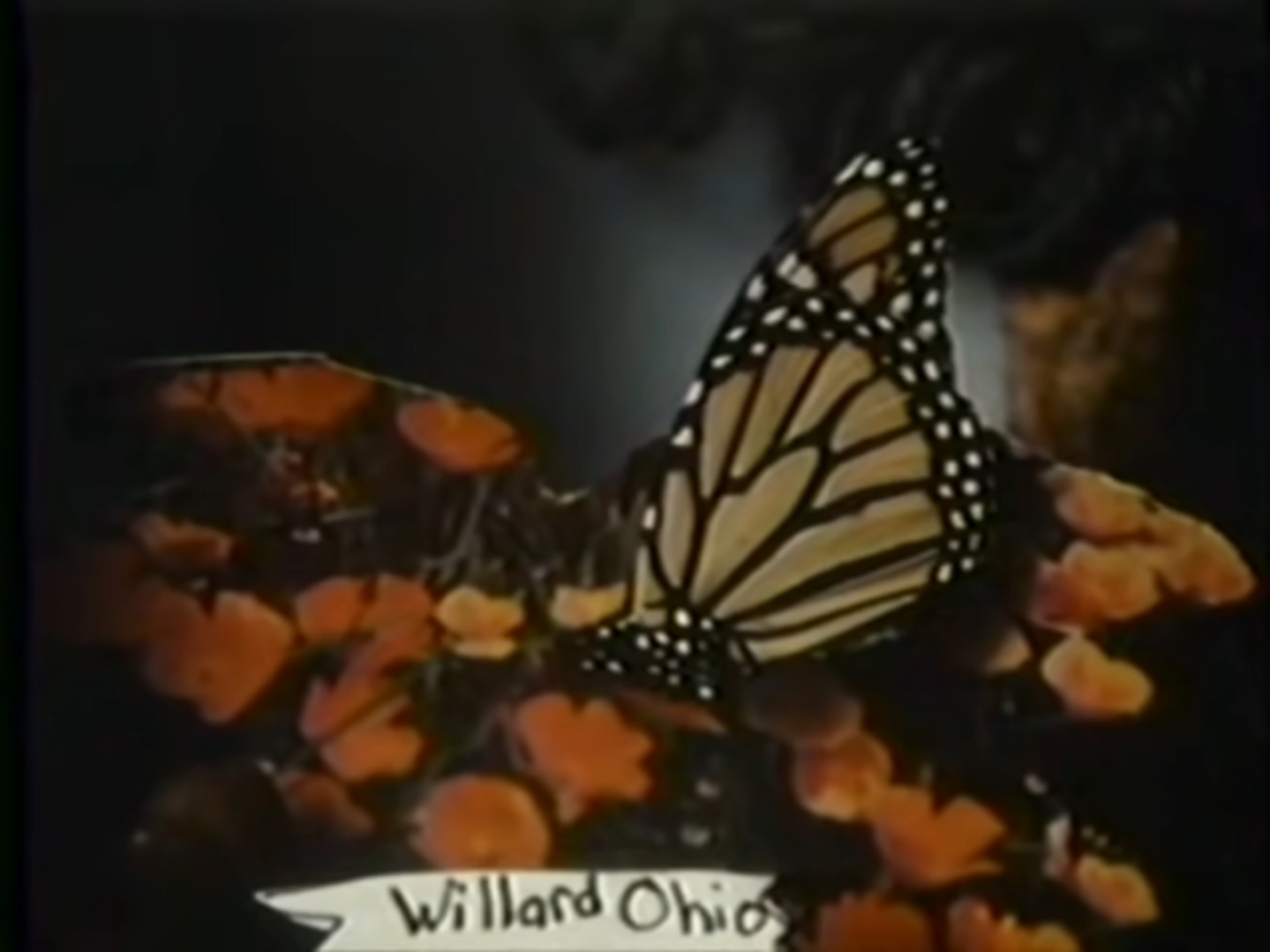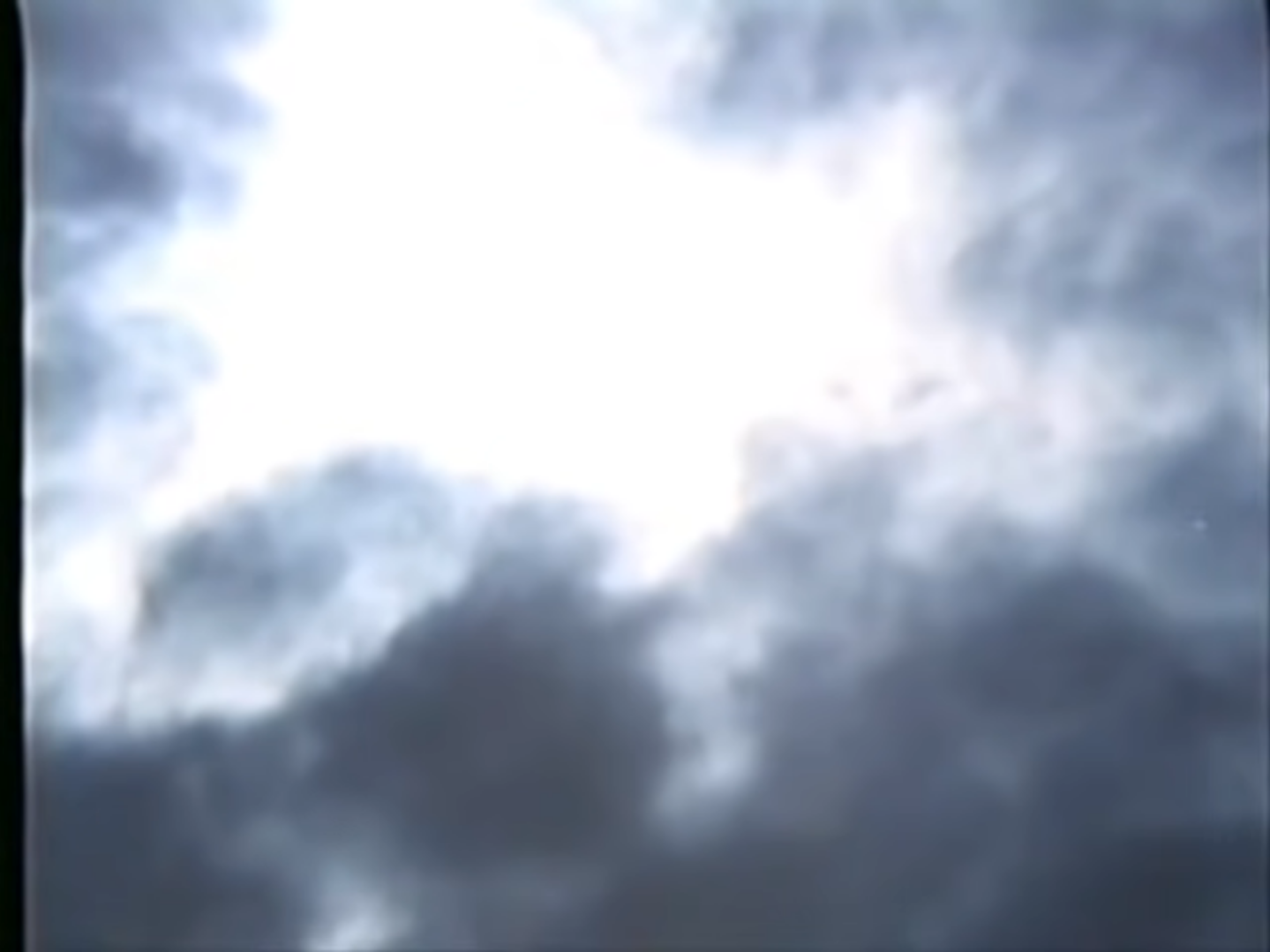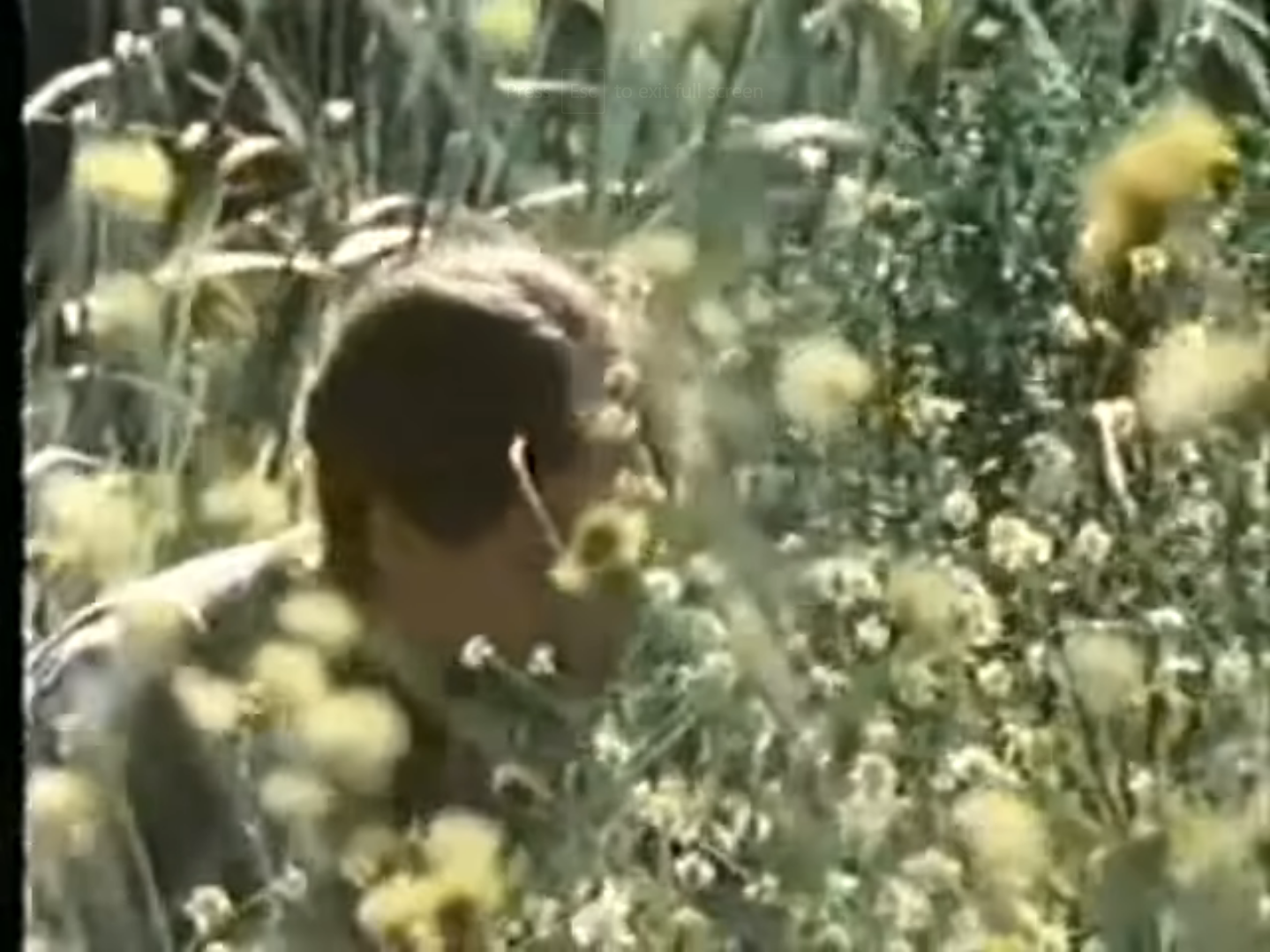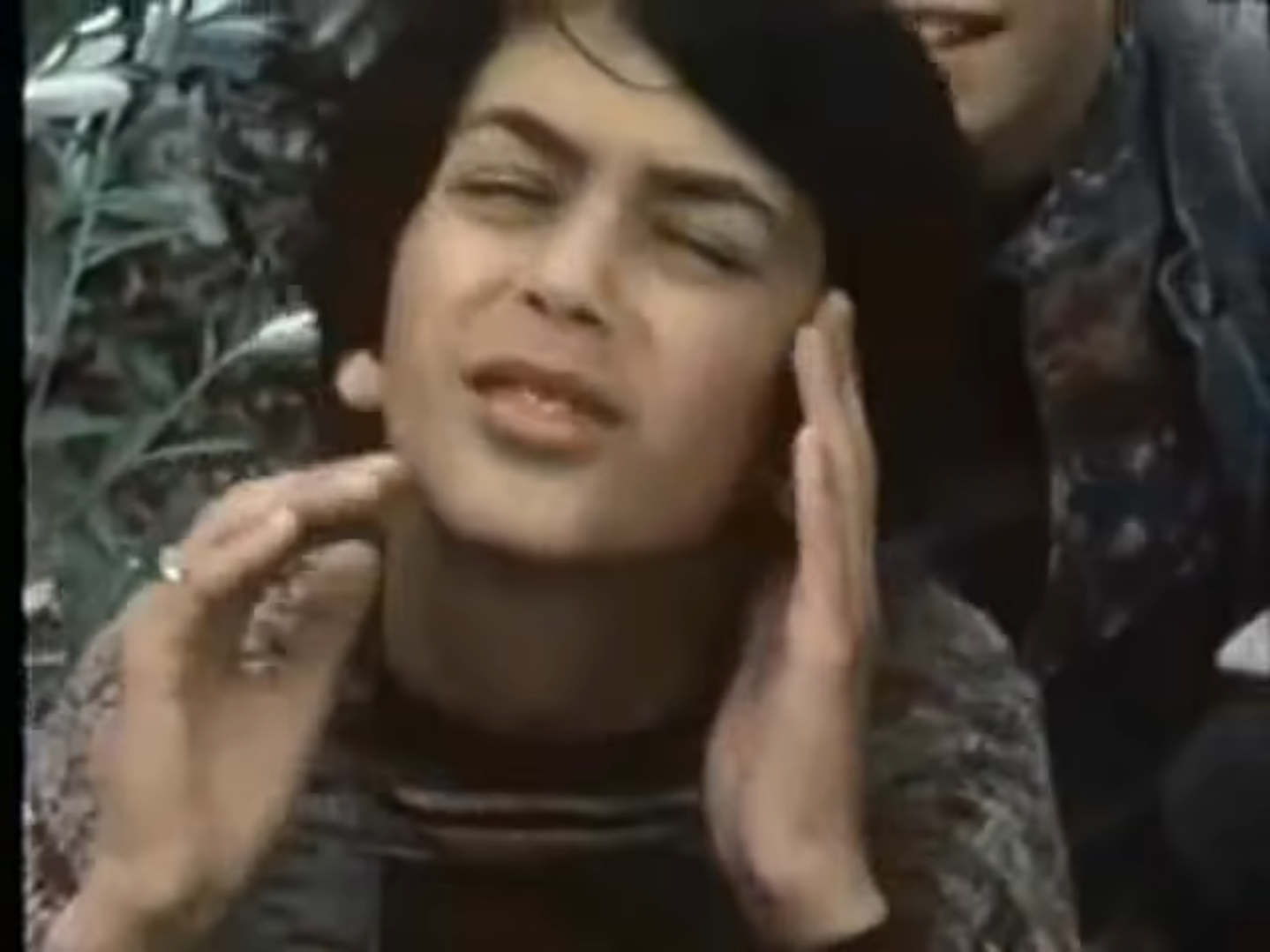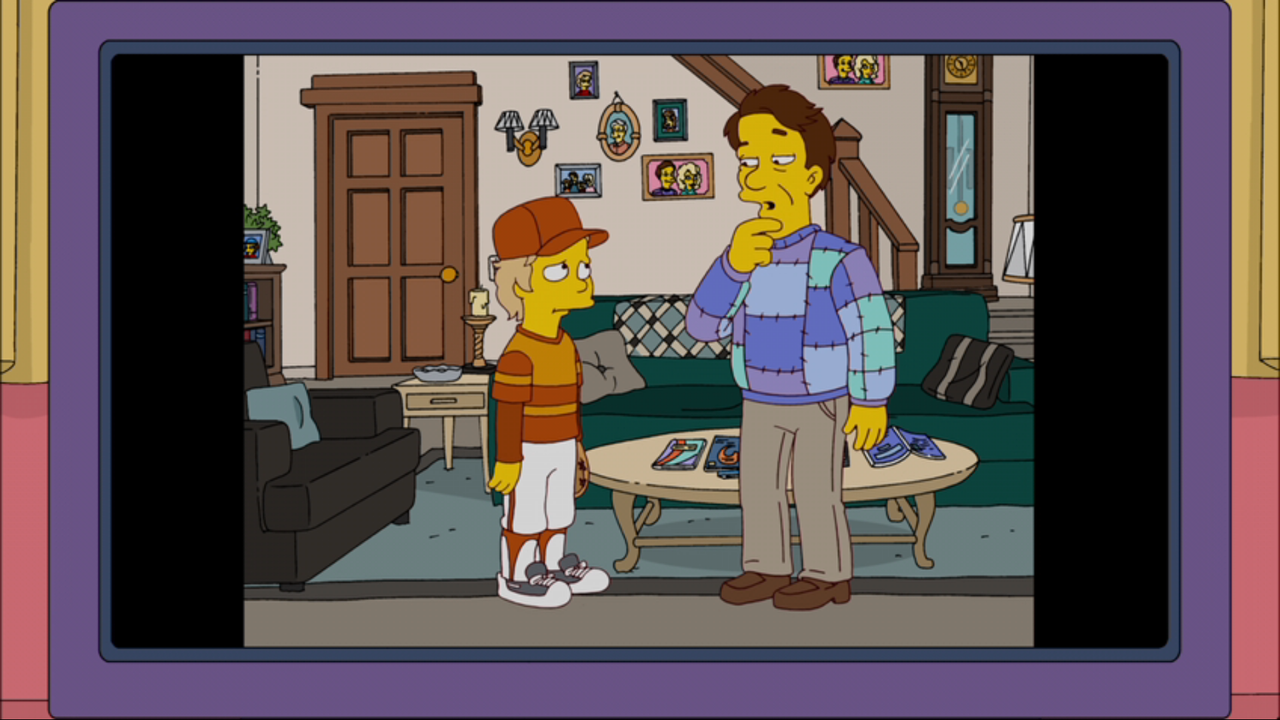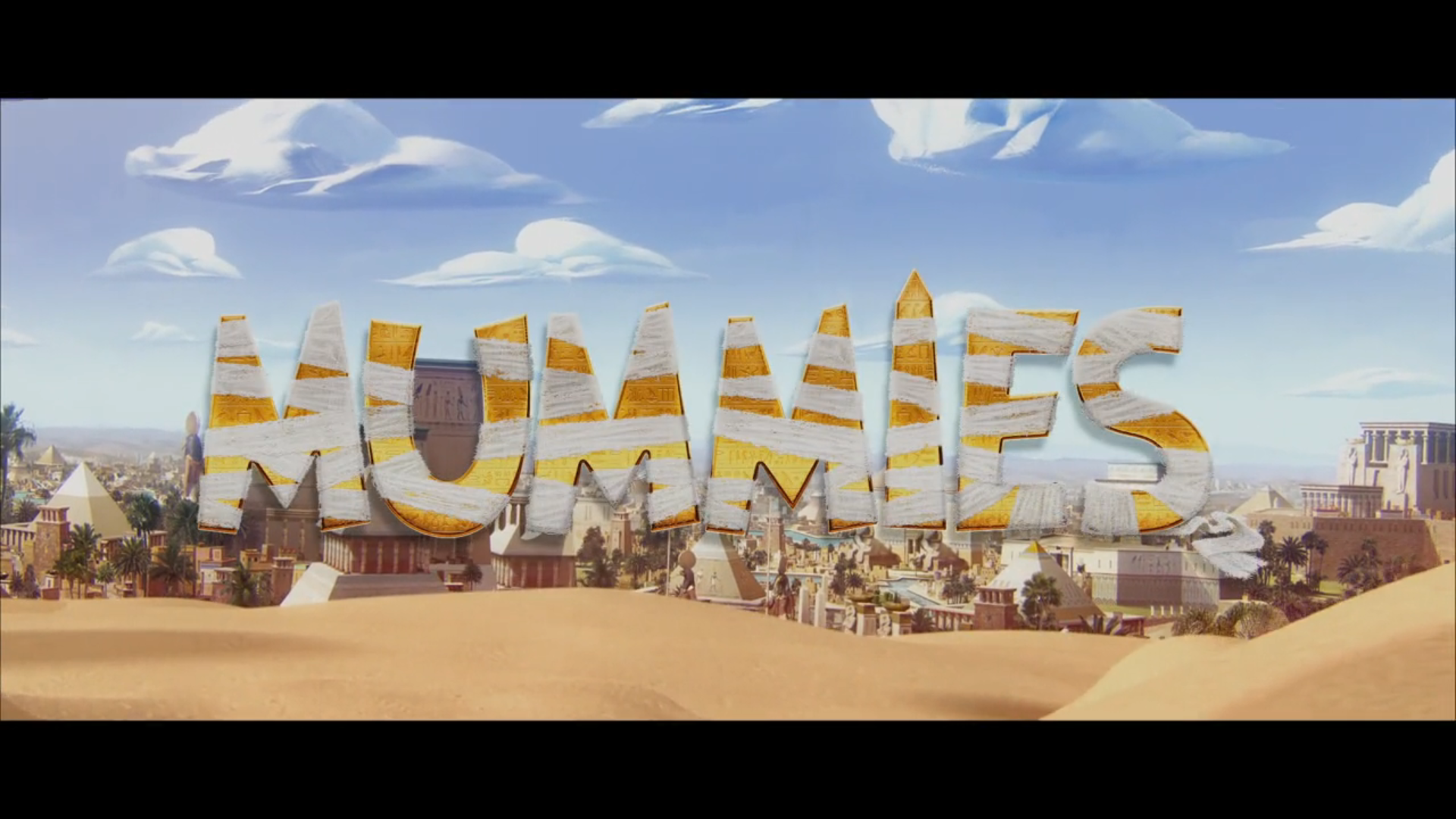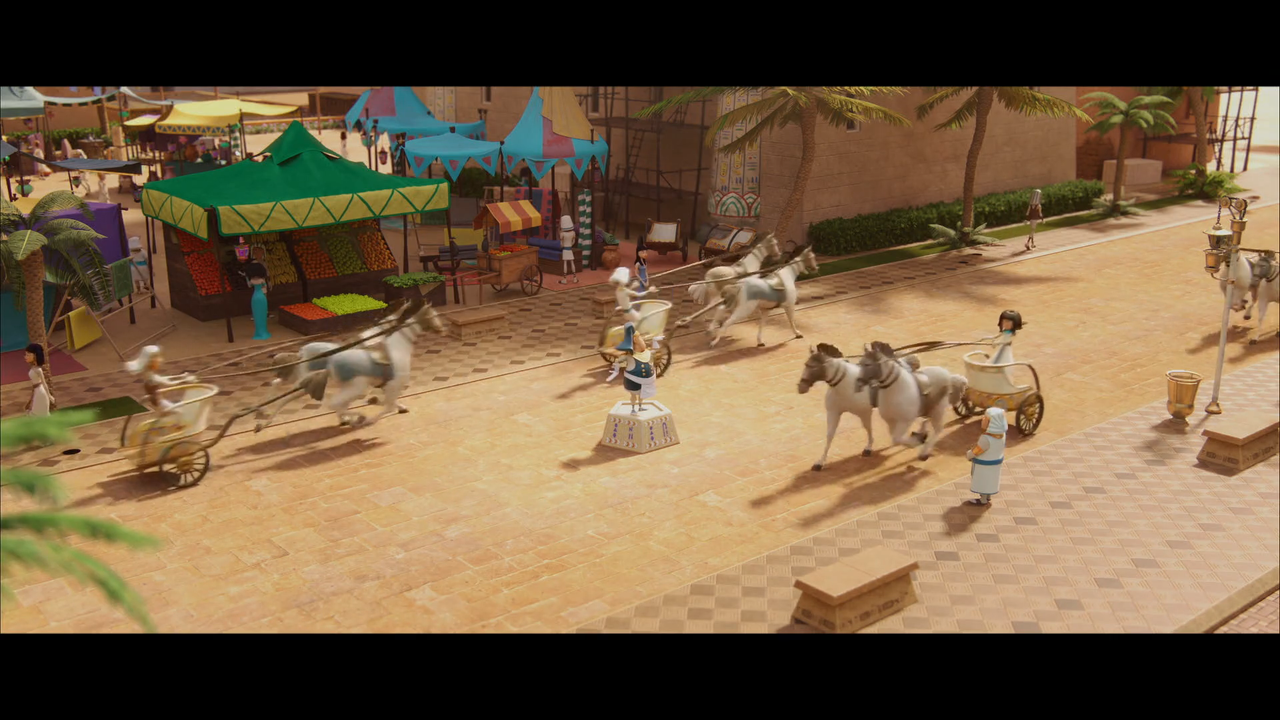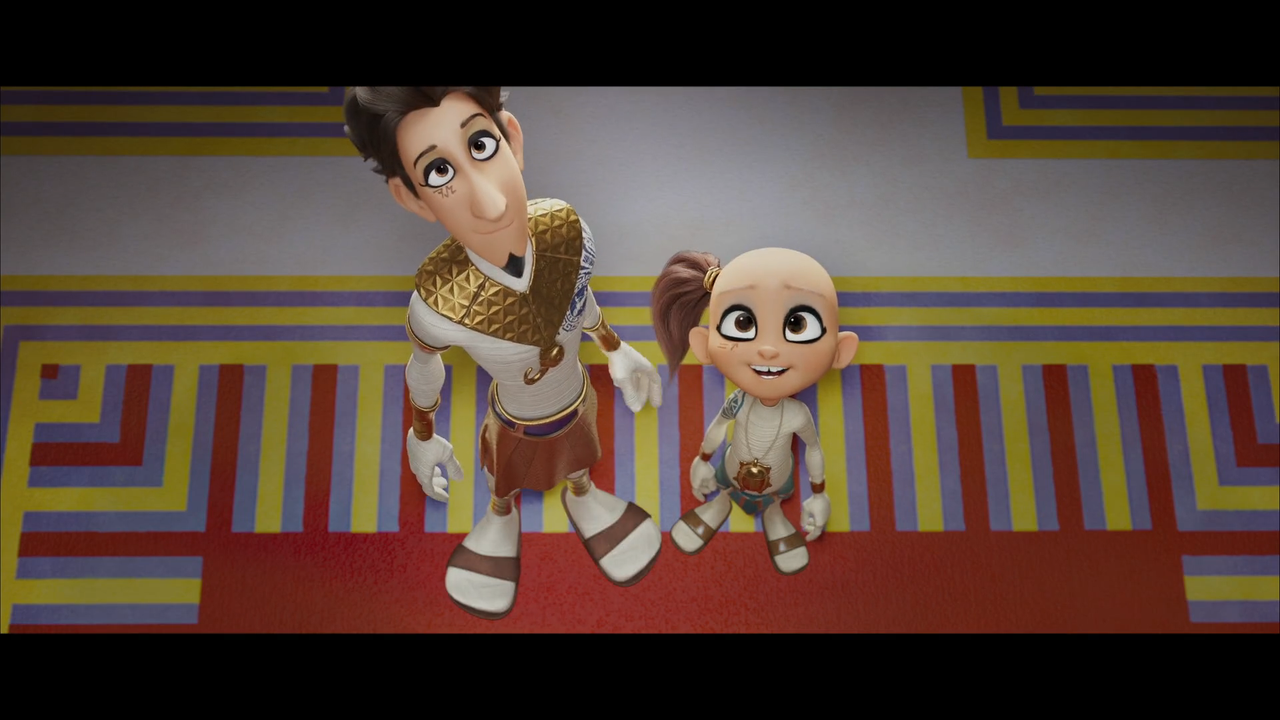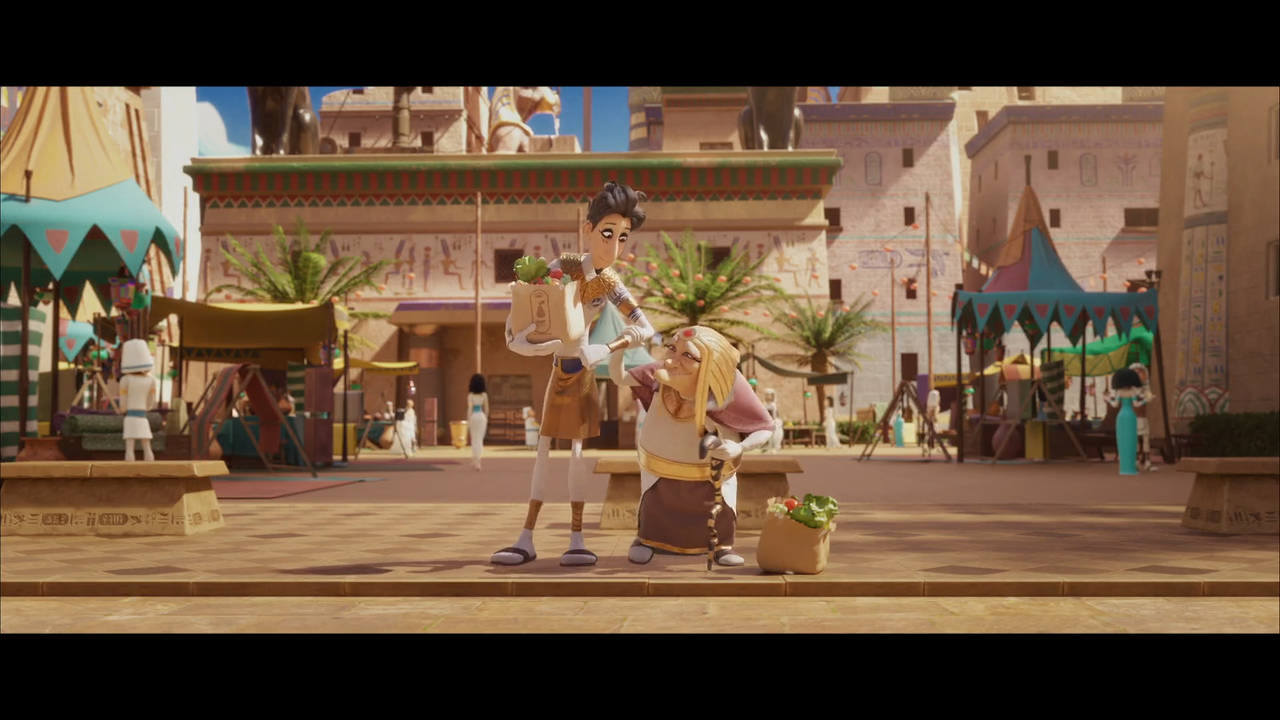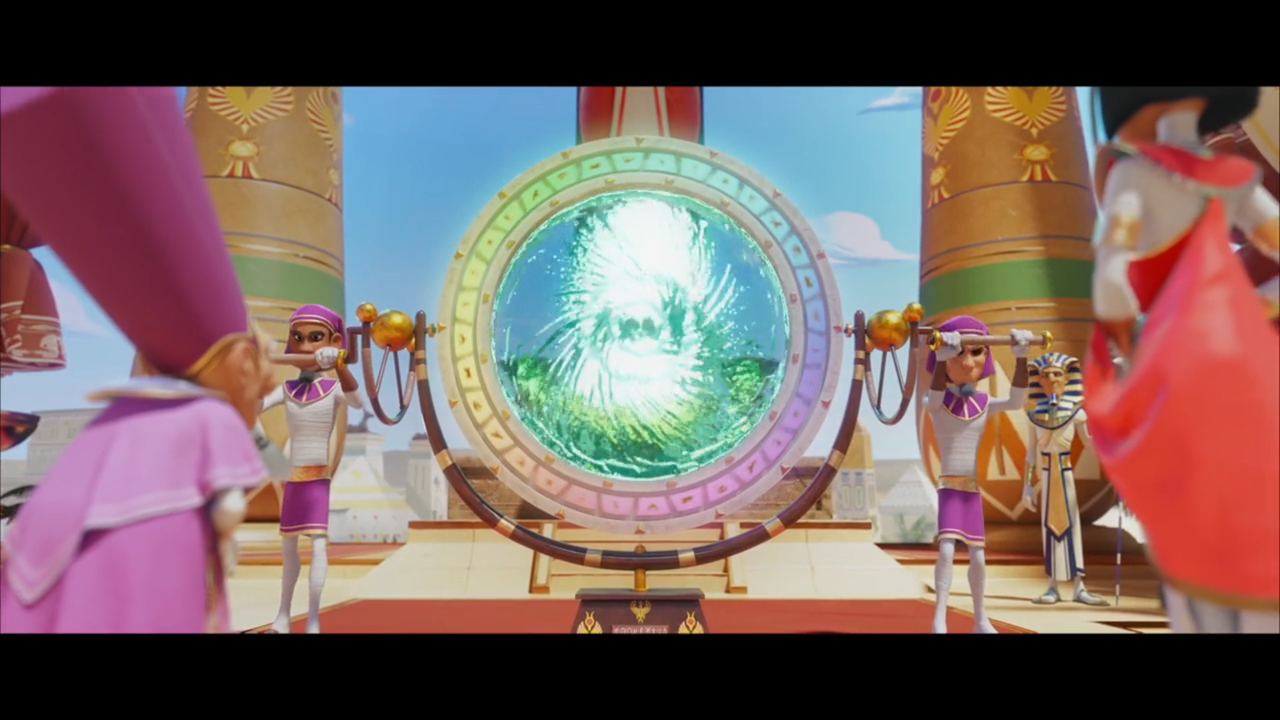One Shot Posts
I have done a post about an adaptation of Ray Bradbury's work before with a look at
"The Halloween Tree" This time I'm going into a short story from from 1954 called "All Summer in a Day" published in the
The Magazine of Fantasy & Science Fiction. This is a short story, it's about 4 pages and the story is simple, the idea of adapting it might seem to need a little filler or something to make it work.
Today, we are looking at an episode of the PBS series Wonderworks which did television adaptations of different stories mostly targeted towards kids and families. It's kind of a shame PBS doesn't do this anymore. This adaptation aired in 1982 and takes the 4 pages of story and goes for 30 minutes.
It's a little hard to quantify what exactly is a good adaptation of a work when a medium is switched. There's a difference between print (like this post) and if I was doing videos. Following everything beat for beat from a story in print to a television and visual medium does require some changes. Bringing that up, the start of the short, I think is well done. It's about a minute of rain just the sound and setting of rain and some children walking, the sound design is amazing here and really does set up something. If you already know what the work is about, then the rain would already be known of why it's important, but if you haven't, then you'll figure the rain is important to the story.
rain rain rain rain
The music comes in, about a minute in and sounds dramatic, while children are playing kick the can in the rain. The can rolls over and the camera pans to a girl, who is off in the shadows and seems detached from the other kids. All of the first almost 3 minutes is doing story with any dialogue and words, and does a great job of really doing visual storytelling using it's medium well.
Then we see the kids wearing swimsuit and goggles like things standing and turning when a buzzer goes off in front of a giant lamp. The children are talking about something is supposed to be coming at 12:15pm. There's some worry, but one boy is like nothing bad happened the last time it came. Keeping it really vague and mysterious. It doesn't feel too slow either, it feels like it's building up and keeping the viewer interested and wondering what's going on.
A boy sees a girl, who is still fully dressed and over by a globe of Venus standing and pointing a flashlight at it. He walks away from the lamp and asks what's she's doing, then says he was put in charge and had to make sure everyone was under the lamp. The girl says the sun is coming out this day and therefor she doesn't need to stand under the lamp. The boy is annoyed and mentions a tidbit for us, that they aren't on Earth, but the girl was born there.
Girls are from Earth, boys are from Venus, well at least one girl is from Earth
I like how it's taking aspects of the story, but is using it's medium to keep it vague and dropping hints as needed. The kids having to stand in front of a bright lamp and turn, the globe being Venus and not Earth, and the talk about the sun coming out, as if this is a rare event. Then, having it be where a girl from Earth being amongst them, this is the same girl we saw in the shadows earlier, this is well done.
The boy, named William, calls a teacher through a video screen, to tell her that the girl, Margot, doesn't want to stand in front of the lamps. The teacher asks why and Margot says she wants to wait for the real sun. These are names that are mentioned in the story. The teacher wants to talk to Margot, alone and tells her don't get her hopes too high. The teacher mentions the last time the sun was seen was nine-years-ago and for an hour. The teacher still wants her to go under the lamps.
In Venus, TV watches you!
Margot does as told, and William shows up. He's annoyed by her talking about the sun and she says she remembers the sun. The scene transition is really cool. It's art class time, and Margot makes a painting that impresses the teacher, whom we know see in non television form. The painting is what she was remembering from being in Ohio, and how there was sun all the time, but she can't paint it. William wanted to show is his painting but hides it when he sees that Margot is getting some praise, his was a simple more dark and gray painting.
This is Ohio, children
Later, it's science time! The kids give some facts about Venus, like Earth. is able to sustain life because of the sun and their proximity to it. (Uhh) There is also some sun talk too. During this part, William gets scolded by the teacher for not giving her something new about the sun. (Doesn't she know there's nothing new under the sun? huh) Margot impresses the teacher with a poem. The foreshadowing is nice too where the camera goes to William again after the teacher praises Margot. Her poem comes from the short story. A notable change is how there is a lack of the other kids objecting to it and saying she didn't write it.
He's thinking if he left the sun on or not
William starts to tease Margot and trying to tell her the sun isn't coming. She's firm in that it is coming. Margot asks William why he hates her so much and he says it's because she's a know-it-all and doesn't believe she remembers the sun. Though, this adaptation doesn't give how long she's been on Venus to see if that would be a factor in her remembering something. It does make you wonder, yourself if the sun will be coming. The short gives a melancholy feel to match with the constant rain. The school is concrete and has thick walls around the windows giving it a depressing, cold feeling.
I need you to design me some windows that also make me feel like I'm watching people from inside
A lot of the cinematography gives the impression really not much warmth or happiness. It also feels like it's taking some hallmarks from 1980's movies about dystopias as an example. The teacher was first introduced in a video screen, even though later she's doesn't seem as mean or intimidating, her introduction felt like she like was this cold distant watching force. The children having the same swimsuits and standing in front of a light and listening to buzzer to turn, and William getting bothered about Margot not doing it, not falling in line, then the classroom doesn't look like a classroom it's not really warm and inviting it, the coloring is cold. There are lots of grays, blacks, and blues being used.
We can finally play golf
The teacher hands out sun kits, which has visors and skin cream for the sun. Michael says they aren't going to need this stuff, the sun isn't coming, the teacher says if, causing Margot to have some doubt, but she still believes.
Finally, it reaches 12:15pm. ( I wonder how many time zones Venus has?) It seems the sun hasn't come out yet. William smiles at Margot in cheeky "I told you so" smile. Margot runs out of the classroom. She pulls away a vent where there's diorama , that shows a depiction of Willard, Ohio. ( a real place!) Paula goes to see Margot. Paula is not a name the shows up in the story. She shows Paula the the diorama the different objects like a butterfly and a flower. Margot talks about how her mother grew flowers on Earth.
Ohio.
Then Margot think she hears the rain stop and yet no one seems to care. Then it goes back to taking from the source story. So William takes her sun kit and the other kids, not Paula, do a keep-a-way from her. Paula went to the find the teacher who left to find Margot. It turns into a chase and William locks her up a room. Then the rain does indeed stop. The other kids hear it stop and they are stunned, while Margot cries out from the locked room. They slowly walk away from the girl crying and banging at the door as they go outside to see if the sun has come out.
Paula and the teacher find the others outside. I like how everyone stops talking and the music gets grander as the sun starts to show up in the break of the clouds. (The kids don't have their visors, they are going to die, help them!) The kids start to run around as they take in the sun existing. You could say it's Sunday. (boo!)
Flowers apparently grow here
Anyway, Margot sees some light and realizes what it is. Apparently grass and flowers are still able to grow on Venus with years of rain, as the kids play in the high grass and flowers. There's no dialogue, but the music changed to being more happy and joyous in tone, then starts to get more dower as the clouds show up again and the sun starts to go away. Then the respite of the sunny moment ends as the rain starts to fall again.
The children run to murder the flowers before the rain gets heavier. Paula wonders where Margot is and the other kids decide to just pin everything on William. Which fits well for a mob mentality where they did nothing to help Margot and then now pin it on the person they could have stopped. William goes to get Margot and sees her dower face, and he offers flowers but she just walks away from and the other students and goes outside. She starts to cry in the rain, you can see her pain. Especially, since she was the one who was the most anticipating it. The shots here are really well done and present her anguish well, while showing the other kids holding the flowers. Paula walks up and gives her flowers. Then others walk up and give her their flowers too, William walks away in shame with his. The nearly shot is like a reverse of the first , where the kids around Margot and William is by himself. The only difference is Margot goes to him, while he's crying, she takes his flowers and walks him into the building. Then it ends with rain and shots of the building.
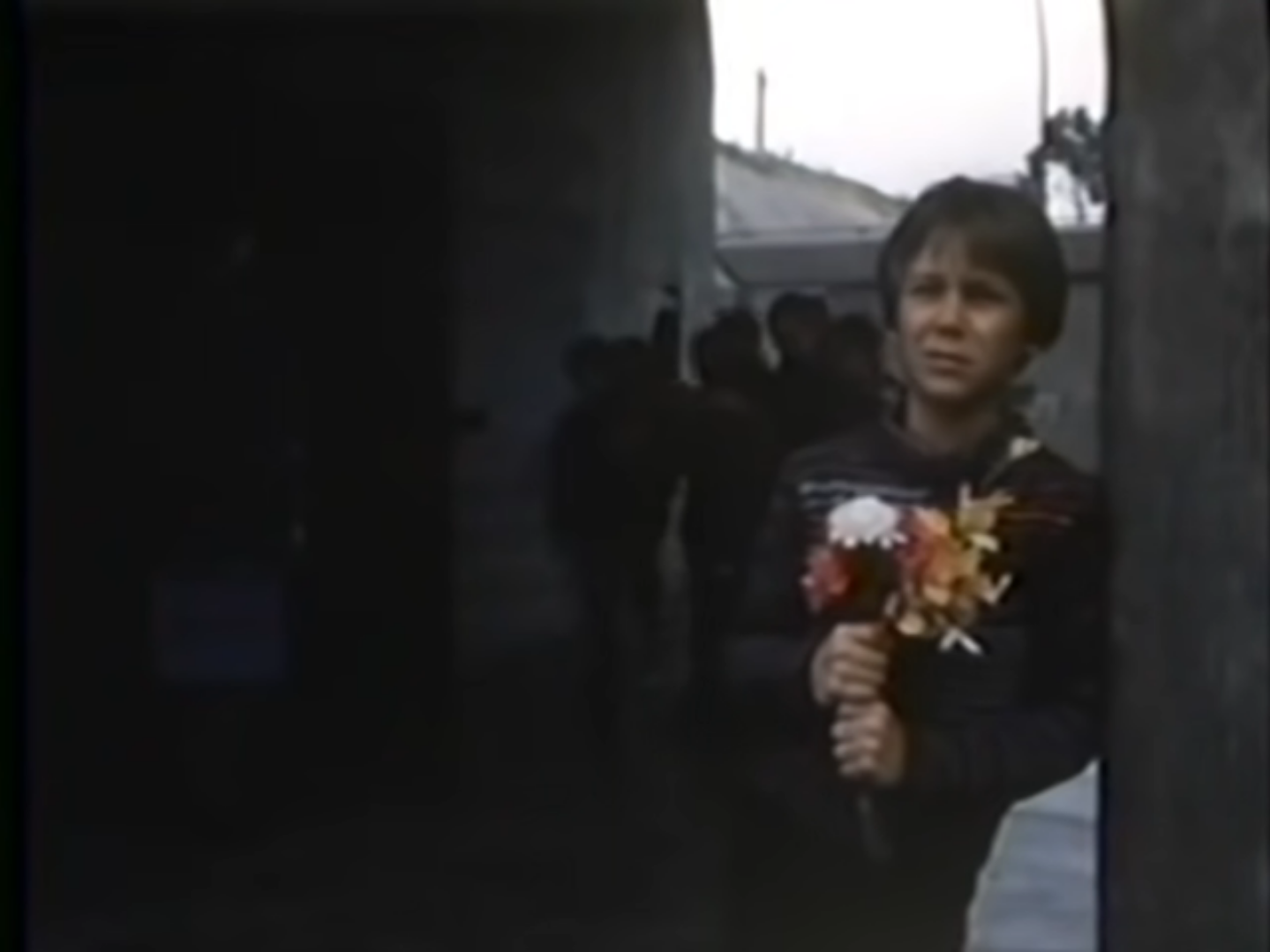
His wife left him
The final part being all no dialogue was nice touch and really gives the story a great feel. The ending gives a more positive than the original story where it ends where Margot is let out of the room. Both show the sense of guilt the other kids had after locking her in the room. The change from the story where the other kids at moments taunt her through out until they lock her in a room, to just being William was a good idea to really contain it, and even giving a girl, Paula, a way to be disconnected from it there really put the weight in how she feels bad and being the first to approach Margot. I think it was a good change, and still goes along with how they were able to fall in line with William later because they really did think it was a joke, but goes back to the part at the start where they were sun bathing and how Willian seems to be able to command.
The visuals are used wonderfully to tell the story and gives a sense of melancholy and uneasiness showing a distant world and disconnect. It's a well done short and takes the short story and uses it well. This is a great short and it was well done. It takes short content and fills it out well, by building up anticipation and doubt and wants you to feel something to it. I think both reading the story and watching this are great experiences and bring their own ways and strengths of their media. Also Bradbury made a very interesting version of Venus.
That's it for now, tune in next time when thunder only happens when it's raining and Players only love you when they're playing.





